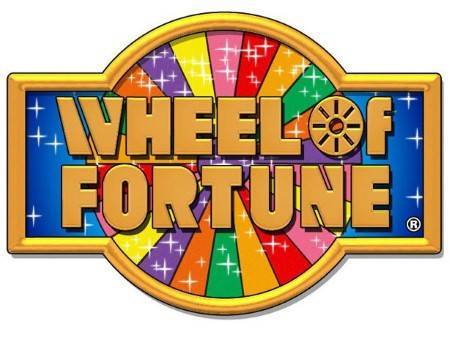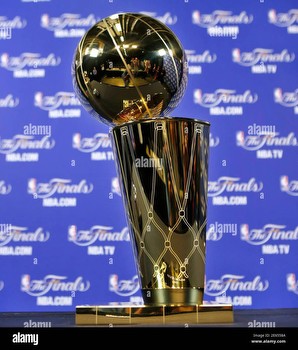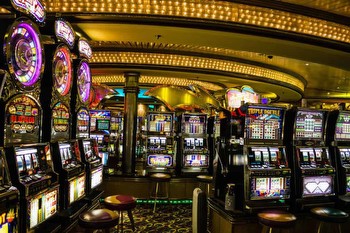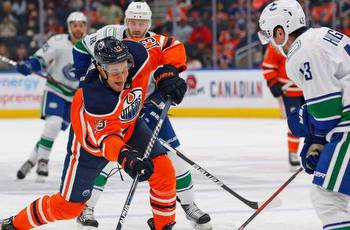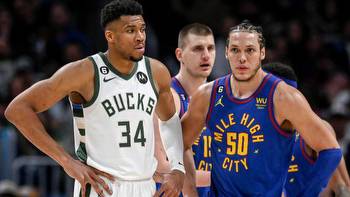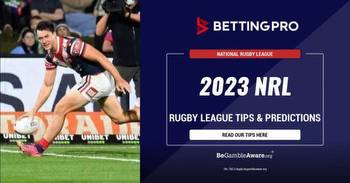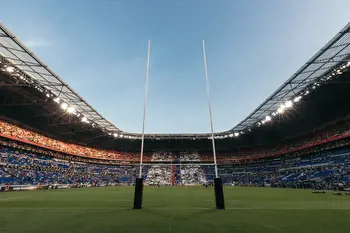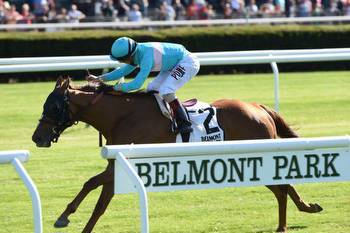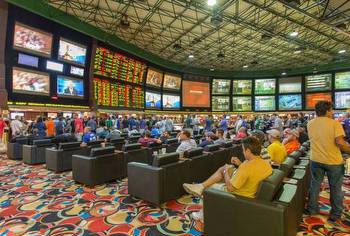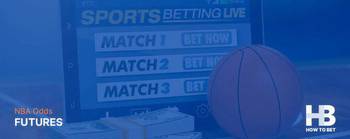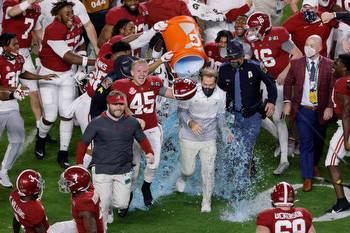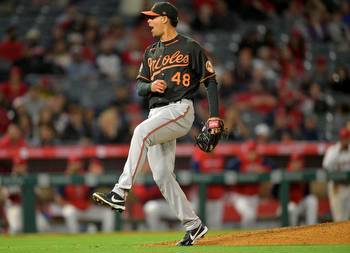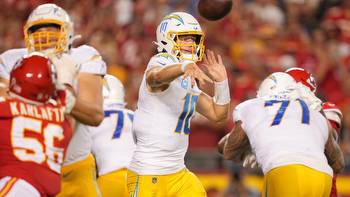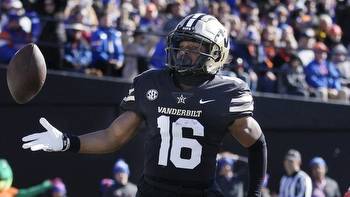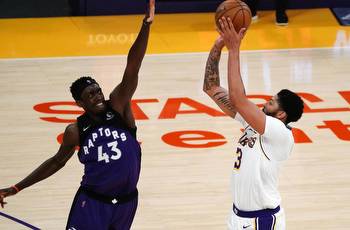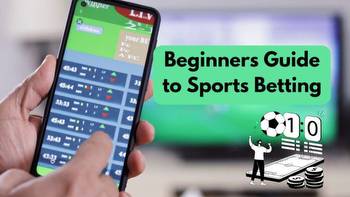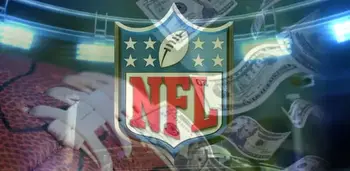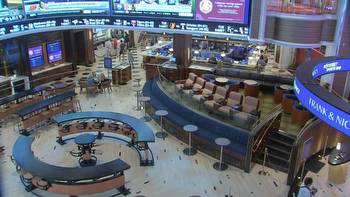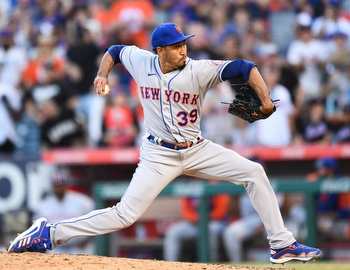Demystifying NFL Sports Betting Jargon: A Glossary for Beginners

If you’re a newbie to NFL sports betting, you might feel like you’ve landed on an alien planet where everyone speaks a different language. Fear not, though! This glossary is your secret decoder ring to NFL betting jargon. From “against the spread” to “total line,” we’ll cover all the essential terms you need to know to navigate the exciting world of sports betting with confidence. So, buckle up, bettors, and let’s dive in to demystify the betting lingo!
Betting terms refer to the different words and phrases used in the sports betting industry. These terms are essential for understanding how to place bets, read odds, and track your winnings.
‘Against the Spread’ or ATS is a type of bet where you’re not picking a winner or loser but rather betting on how a team will do against the spread. The spread is set by bookmakers and is designed to level the playing field between two NFL teams.
The ‘Total Line’ bet, also known as ‘Over/Under,’ is a bet on the combined score of both teams in a game. You’re betting on whether the total points scored will be over or under a specified number set by the bookmakers.
A ‘Money Line’ bet is one of the most straightforward types of bets. In this, you’re simply betting on which team will win the game, irrespective of the score.
A ‘Parlay’ is a single bet that links together two or more individual bets for a high payout. A parlay is a winning bet only if all the bets placed are winners.
Short for ‘proposition’ bet, a ‘Prop Bet’ is a wager on a specific occurrence or non-occurrence during a game. This could be anything from which team will score first to how many yards a player will get.
A ‘Teaser’ is a type of parlay in sports betting that allows you to adjust the points spread in your favor in return for a lower potential payout.
A ‘Pick ’em’ is a game where no team is favored over the other, meaning the spread is zero. It’s essentially a game where it’s a toss-up in regards to who will win.
Concepts refer to the underlying principles and ideas that are crucial for understanding sports betting.
Bookmakers, commonly known as “Bookies,” are businesses or individuals that take and pay winning wagers on sports and other events at predetermined odds. They set the odds for each betting event.
‘Edge’ in sports betting refers to the advantage a bettor has over the bookmaker or vice versa. This could be due to a variety of reasons, such as insider information, a better understanding of the game, or even mathematical models.
‘Juice,’ also known as ‘Vig’ or ‘Vigarish,’ is the commission that sportsbooks or bookies take from the bettors’ winnings as their profit. It’s typically around 10% but can vary depending on the sportsbook.
‘Handle’ refers to the total amount of money wagered on a specific game, event, or within a specific time frame. Sportsbooks use the handle to determine their potential liability or profit.
The term “Futures Bet” refers to a wager on a future outcome. This could be who will win the Super Bowl next year, who will win the MVP award, or any bet that decides its outcome in the future.
A ‘Sharp’ is a professional sports bettor who uses vast resources to determine their bets. They know how to spot discrepancies in betting lines and are known to have their betting habits imitated by less knowledgeable bettors.
Strategies refer to the different methods and approaches used by bettors to make their bets.
One of the most critical strategies in sports betting is ‘Bankroll Management’. This is about setting a budget for your betting activity and sticking to it. It’s important not to wager more than you can afford to lose. Typically, bettors should only risk 1-5% of their bankroll on a single bet.
‘Value Betting’ is another prevalent strategy where the focus is not just on which team might win but also on getting the maximum value for each bet. This means seeking out bets where you believe the probability of an event occurring is greater than what the odds offered by the bookmakers suggest.
‘Line Shopping’ is a strategy where you compare the odds and lines offered by different bookmakers and choose the best ones. Even slight differences in odds can have a significant impact on your potential winnings in the long run. Just like shopping for the best price on a product, it’s essential to shop for the best betting lines and odds.
